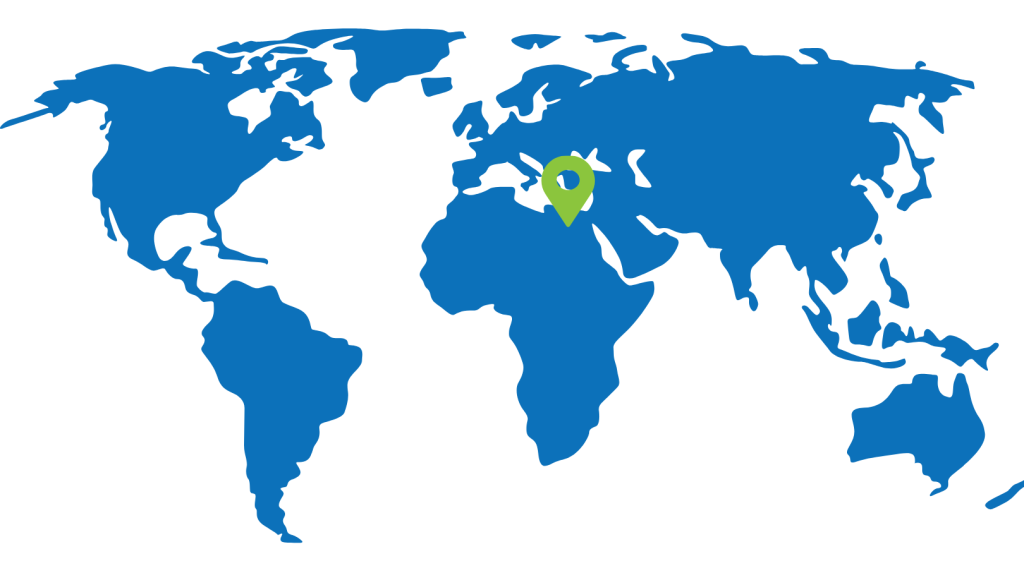In November 2024, Egypt’s National Telecommunications Regulatory Authority (NTRA) released updated Radio Spectrum Guidelines for Short-Range Devices (SRDs), version 1.3. These guidelines outline the regulatory and technical parameters for SRD usage, including frequency allocations, power limits, channel spacing, modulation bandwidth, and duty cycles.

Key Updates
- 6 GHz Band Allocation: The 5925–6425 MHz frequency band is now designated for Wireless Local Area Network (WLAN) applications, restricted to indoor use.
- The guidelines specify maximum permissible power levels, channel spacing, modulation bandwidth, and duty cycles to ensure efficient spectrum utilization and minimize interference.
- By incorporating the 6 GHz band for WLAN, Egypt aligns its spectrum management with international standards, promoting global interoperability for SRDs.
Technical Controls Allowed for Short-Range Devices
The guidelines provide detailed operational rules and technical controls for various SRD applications, including:
- Non-Specific SRDs: General-purpose devices with defined frequency bands and power limits.
- Active Medical Implants: Devices such as Ultra Low Power Active Medical Implants (ULP-AMI) and associated peripherals.
- Alarms: Including social alarms for security and safety purposes.
- Wideband Data Transmission Systems: Such as WLAN (Wi-Fi) and Multiple Gigabit wireless systems for indoor applications.
- Data Acquisition: Applications like emergency detection of buried victims and meter reading.
- Cordless Telephones: Including devices using the DECT standard.
- Inductive Applications: Covering technologies like RFID, personal identification, access control, and NFC applications.
- Model Control: Wireless control devices for models.
- Radio Determination Applications: Including tank level probing radar (TLPR).
- Road Transport and Traffic Telematics (RTTT): Such as vehicle radar sensors.
- Radio Microphone Applications: Including hearing aids, radio microphones, and assistive listening devices (ALD).
Manufacturers and users of SRDs in Egypt must adhere to these updated guidelines to ensure compliance with NTRA regulations. Non-compliance may result in penalties as outlined in the Telecommunications Regulatory Law No. 10 of 2003.
For this article’s source information and any product certification guidance, please contact Global Validity.
Quick Country Facts
Egypt
Certification Body: National Telecommunication Regulatory Authority (NTRA)
Certification Type: Mandatory
License Validity: Indefinite
Application Language: English
Legal License Holder: Available with Access Manager
In-Country Testing Requirement: Available with Access Manager
Access in-depth regulatory knowledge on over 200 countries and territories with Global Validity’s free proprietary product certification management software, Access Manager. Learn more about the platform here or fill our quick contact form!
Global Validity is your partner for global certification success
Want to learn more about regulatory compliance and how we can help? Simply fill out the form below and we’ll be in touch!
